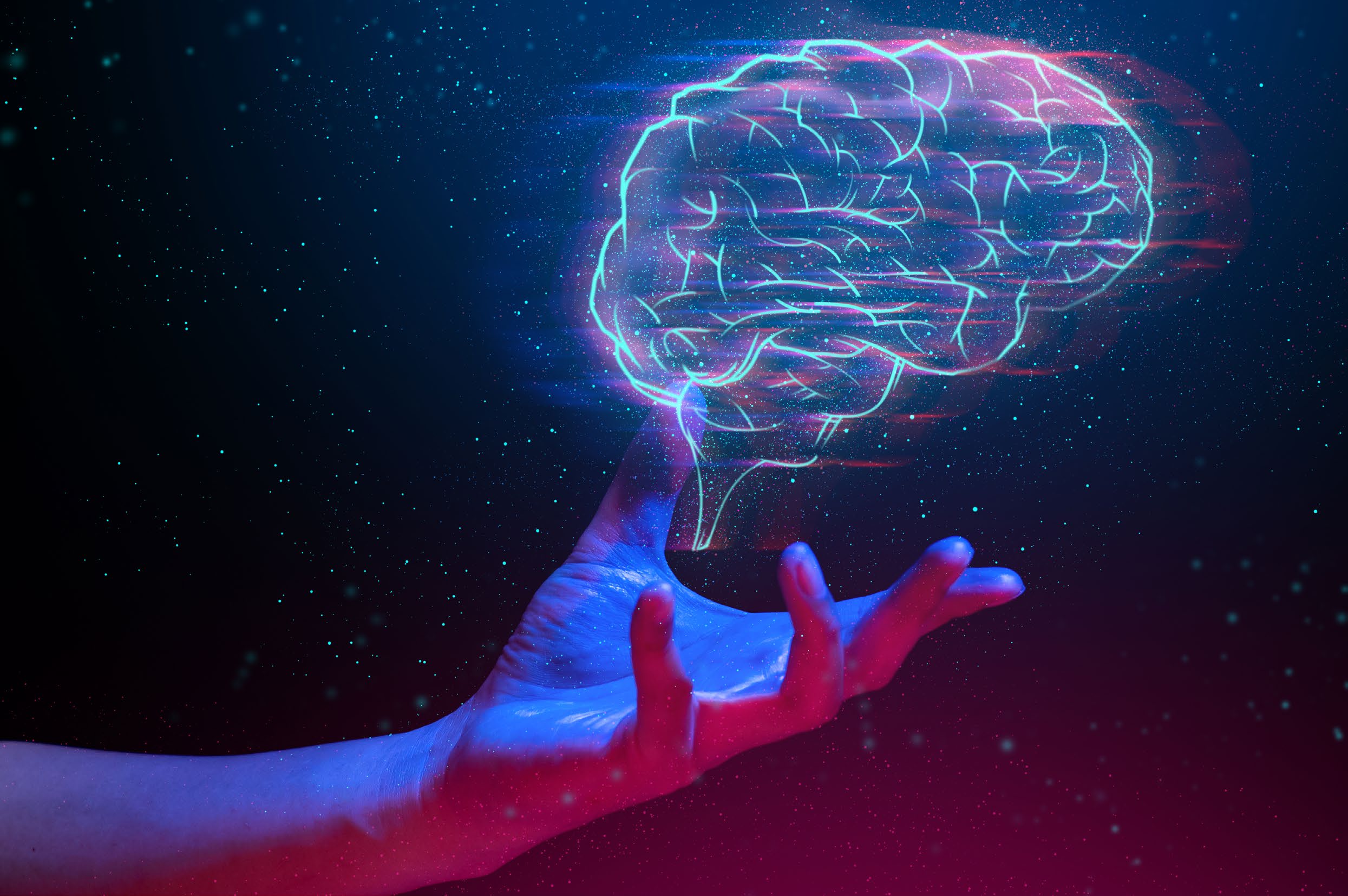In a world where customer expectations change rapidly, AI and automation have emerged as the dynamic duo revolutionizing the customer experience (CX) outsourcing landscape.
From lightning-fast chatbots to intelligent virtual assistants, today’s cutting-edge AI-powered solutions work with automation technologies to redefine what it means to provide world-class customer service with staggering transformative potential.
Suppose more companies can get past the implementation hurdles. In that case, they will discover that automation and AI are the secrets to unlocking new levels of productivity, personalization, and customer satisfaction for years to come.
In this article, we examine the current state of AI and automation, their effects on the CX outsourcing market, the advantages and drawbacks of adoption, and the potential for these revolutionary technologies.
Rapid Rise of AI and Automation
Although AI and automation are frequently mentioned together, they are two very different technologies with many business advantages.
AI encompasses computer systems, algorithms, and models that can perform tasks that traditionally require human intelligence. These advanced systems can learn, reason, perceive, and understand natural language, among other capabilities.
By enabling machines to analyze vast amounts of data, identify patterns, and make predictions, AI empowers businesses to optimize their processes, enhance efficiency, and uncover valuable insights that drive innovation and growth.
Automation, conversely, pertains to using technology to perform tasks without human intervention, streamlining processes, and reducing the need for manual labor. Automation technologies encompass a broad spectrum of solutions, ranging from simple rule-based systems to more complex robotic process automation (RPA) tools.
The primary goal of automation is to increase productivity, reduce errors, and allow human workers to focus on higher-value tasks that require critical thinking, creativity, and empathy. Automation is revolutionizing how businesses manage their workflows, enabling them to handle tasks such as data entry, order processing, and invoicing with minimal human involvement. By automating repetitive, time-consuming tasks, companies can enhance operational efficiency, boost cost savings, and achieve greater scalability.
Together, these technologies are already driving unprecedented efficiency, innovation, and growth for businesses in CX outsourcing, transforming how they operate and interact with their customers.
Examples of AI and Automation in CX Outsourcing
In recent years, advancements in machine learning, natural language processing (NLP), and deep learning have given rise to intelligent tools and solutions that can automate tasks, analyze data, and interact with customers in increasingly personalized and efficient ways.
One of the most prominent examples of AI and automation in CX outsourcing is the widespread adoption of chatbots. These AI-powered conversational agents can interact with customers through text or voice-based interfaces, handling routine inquiries, providing information, and assisting with troubleshooting. By taking on these tasks, chatbots are reducing the workload of human agents and enabling them to focus on more complex issues.
Beyond chatbots, intelligent virtual assistants (IVAs) represent a more advanced form of AI-driven customer support. IVAs can understand and process natural language, allowing them to engage in dynamic and personalized customer conversations. By integrating IVAs into various channels, such as websites, messaging apps, and social media platforms, businesses can provide their customers with seamless, context-aware support that meets their expectations for a modern, digital customer experience.
Another promising application of AI and automation in CX outsourcing is robotic process automation (RPA). RPA uses software bots that automate repetitive, rule-based tasks in customer service processes, such as data entry, order processing, and updating customer records. By taking over these mundane tasks, RPA increases efficiency, reduces human error, and frees customer service agents to focus on higher-value activities requiring human empathy and judgment.

By leveraging AI-powered tools for routine tasks and inquiries, human agents can focus on addressing more complex issues and providing more advanced care and support.
Benefits and Challenges of AI and Automation
The incorporation of AI and automation in CX outsourcing brings a multitude of benefits to businesses.
Cost efficiency is one of the most obvious advantages, as streamlined processes and the automation of routine tasks can reduce the labor costs and expenses associated with hiring, training, and retaining human agents. Additionally, AI-powered tools can process and analyze large volumes of data quickly and accurately, leading to improved response times, fewer errors, and a more efficient customer experience.
Moreover, AI and automation offer unparalleled scalability, allowing businesses to quickly adapt their customer support operations to fluctuations in demand without hiring and training additional human agents.
Lastly, AI-powered solutions are enhancing the customer experience by offering personalized, instant support that meets the needs of today’s digitally-savvy consumers. As a result, businesses investing in AI and automation for their CX outsourcing strategies will likely enjoy increased customer satisfaction and loyalty, ultimately driving business success and growth.
Even so, there are a few challenges to consider when implementing such advantageous technology into the CX outsourcing process.
One key concern is data privacy and security. As AI and automation technologies rely heavily on customer data for personalization and analysis, businesses must implement strong data protection measures and adhere to regulations to maintain customer trust and avoid legal consequences.
Integration with existing systems can also be complex and time-consuming. Ensuring seamless integration and interoperability is crucial for avoiding disruptions in the customer experience and maintaining operational efficiency. Additionally, businesses must address the challenge of training and adoption for human agents and customers to help them understand how to use and interact with new AI and automation tools.
Companies also need to strike the right balance between automation and human interaction. A positive customer experience depends on finding the right mix, as over-automation can lead to a lack of empathy and understanding, while insufficient automation might result in inefficiencies.
Finally, AI and automation systems require continuous monitoring, maintenance, and improvement to ensure their effectiveness in delivering high-quality customer experiences. Refining AI-driven tools, updating algorithms, and addressing any issues are crucial steps toward maintaining a consistently high level of service.
Despite the associated challenges, these innovations are already revolutionizing how businesses approach CX outsourcing, promising a future where customer interactions are more streamlined, responsive, and tailored to individual needs. So where can AI and automation go from here?
Looking Ahead at Next-Gen Automation/AI Trends
As we look to the future of CX outsourcing, AI and automation will continue to play a significant role in shaping the industry, further enhancing CX while completely transforming how businesses strategize for customer satisfaction.
AI will become more adept at recognizing and responding to customers’ emotions, enabling companies to deliver a more empathetic and personalized customer experience through technology. By analyzing the tone of a customer’s voice, facial expressions, or the sentiments and subtext behind emails or chats, AI can better cater to people’s emotional states with responses that show a deep understanding of their problems, much like a human agent would.
Automation technologies will likely become more sophisticated in predicting customer needs and proactively offering support before a problem arises. These systems will analyze historical customer data, identify patterns, and anticipate issues, enabling businesses to provide timely, proactive customer support.
Voice assistants and natural language processing technologies are also set to become more prominent in the CX outsourcing space. As voice assistants like Amazon Alexa, Google Assistant, and Apple Siri gain popularity, businesses will increasingly turn to voice-based solutions to engage with their customers. Advanced natural language processing capabilities will enable these voice assistants to understand and respond to customer inquiries more effectively, providing yet another channel for seamless, AI-driven customer support.
Collaborative AI systems will facilitate seamless cooperation between human agents and AI-powered tools. The next generation of platforms will assist human agents in real time, provide them with relevant information, and suggest optimal solutions to help them navigate complex customer interactions.
Another similar trend is the rise of hybrid customer service models. These models will combine the power of AI and automation with the empathy and emotional intelligence of human agents, creating a seamless, efficient, and personalized customer experience. By leveraging AI-powered tools for routine tasks and inquiries, human agents can focus on addressing more complex issues and providing more advanced care and support.
AI-powered customer service tools could become more efficient at learning from individual customer interactions, adapting their behavior to cater to the preferences and needs of each customer. This personalized learning could result in AI systems continually improving over time, delivering increasingly tailored and compelling customer experiences.
Finally, as AI and automation become more integrated into CX outsourcing, ethical considerations and data privacy will take center stage. Businesses must balance leveraging customer data for personalization and maintaining trust by protecting customer privacy. Ensuring transparency around AI usage and adhering to data protection regulations will be critical to maintaining a positive brand reputation and fostering customer loyalty.
Final Thoughts
AI and automation are already making a notable impact on the CX outsourcing industry by streamlining processes, enhancing efficiency, and personalizing customer interactions. As these technologies advance, their influence on the industry will grow significantly, driving unprecedented innovation and further transforming the CX landscape. By staying ahead of these emerging trends and harnessing the power of AI and automation, businesses can unlock new possibilities for delivering exceptional customer service and fostering long-lasting customer loyalty.




